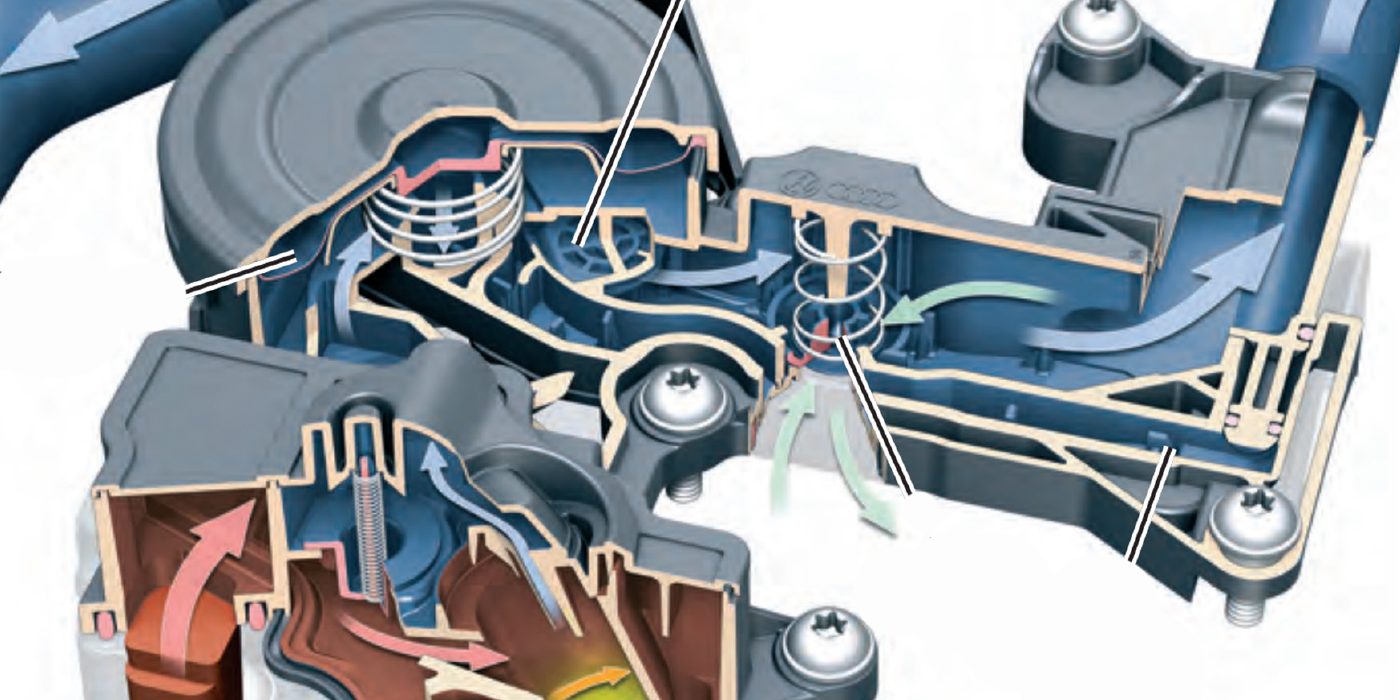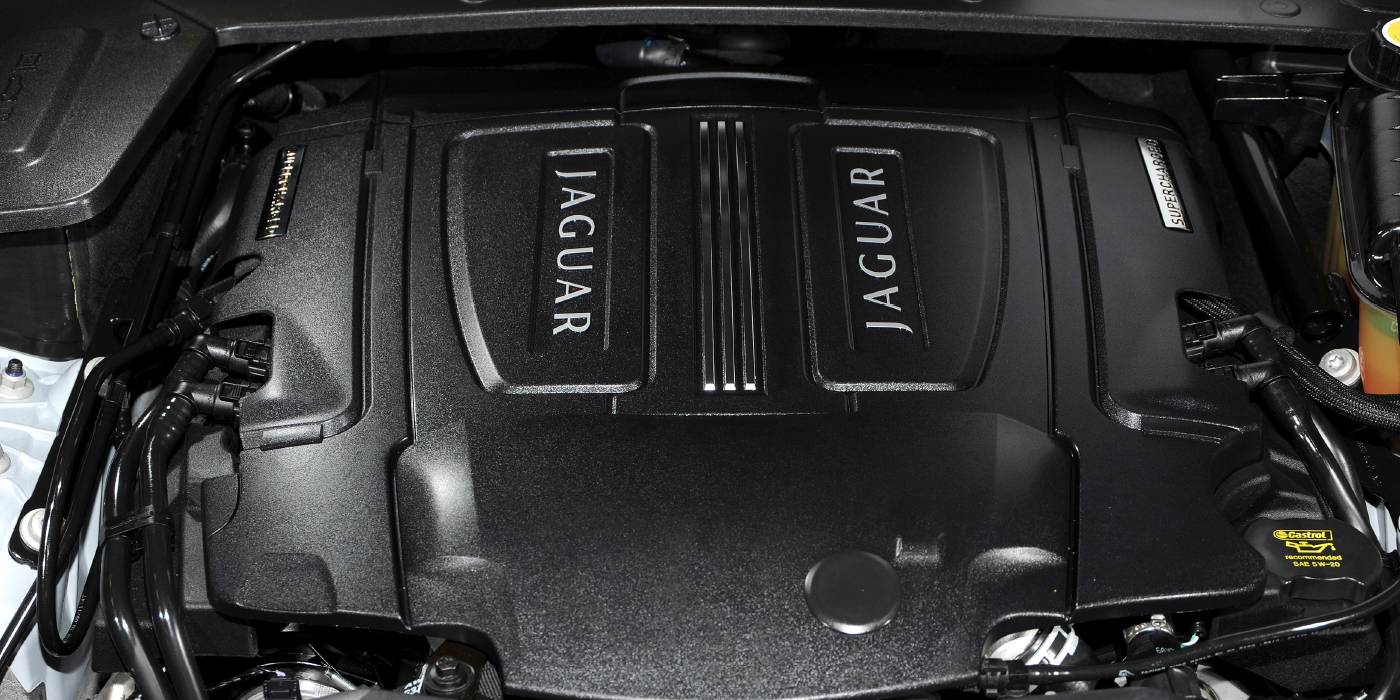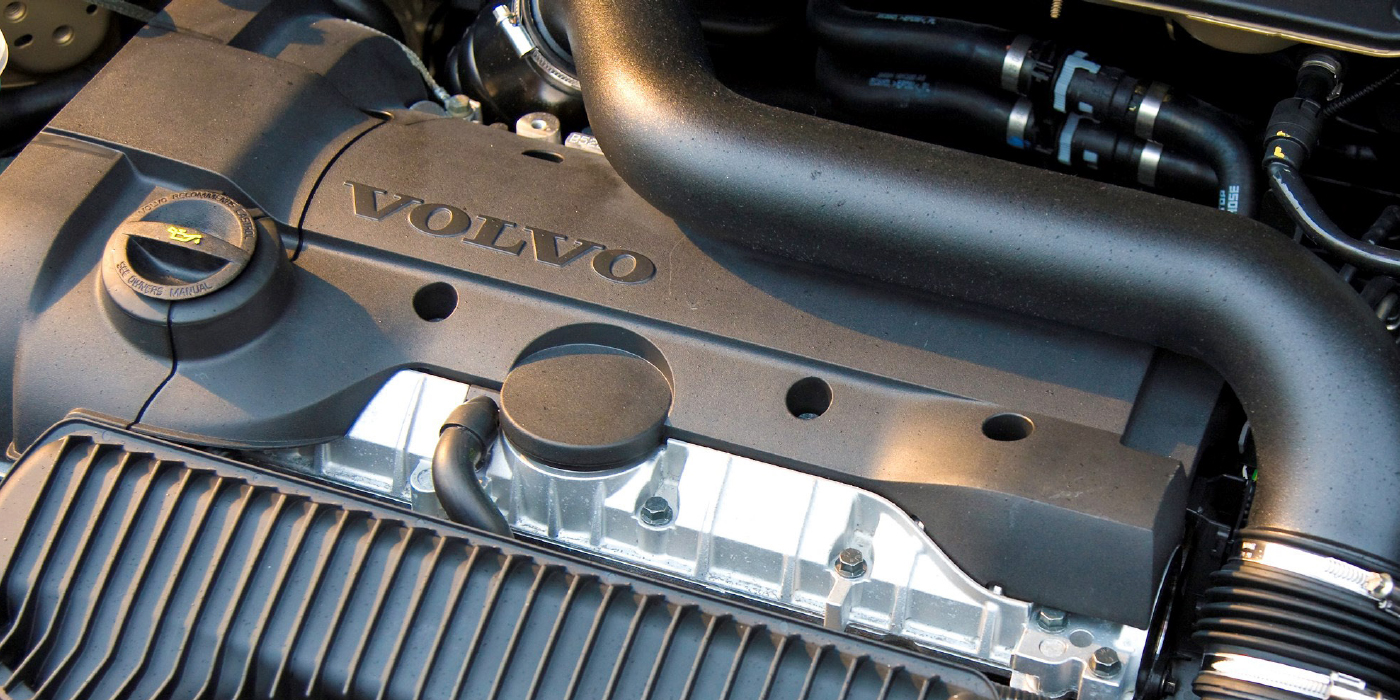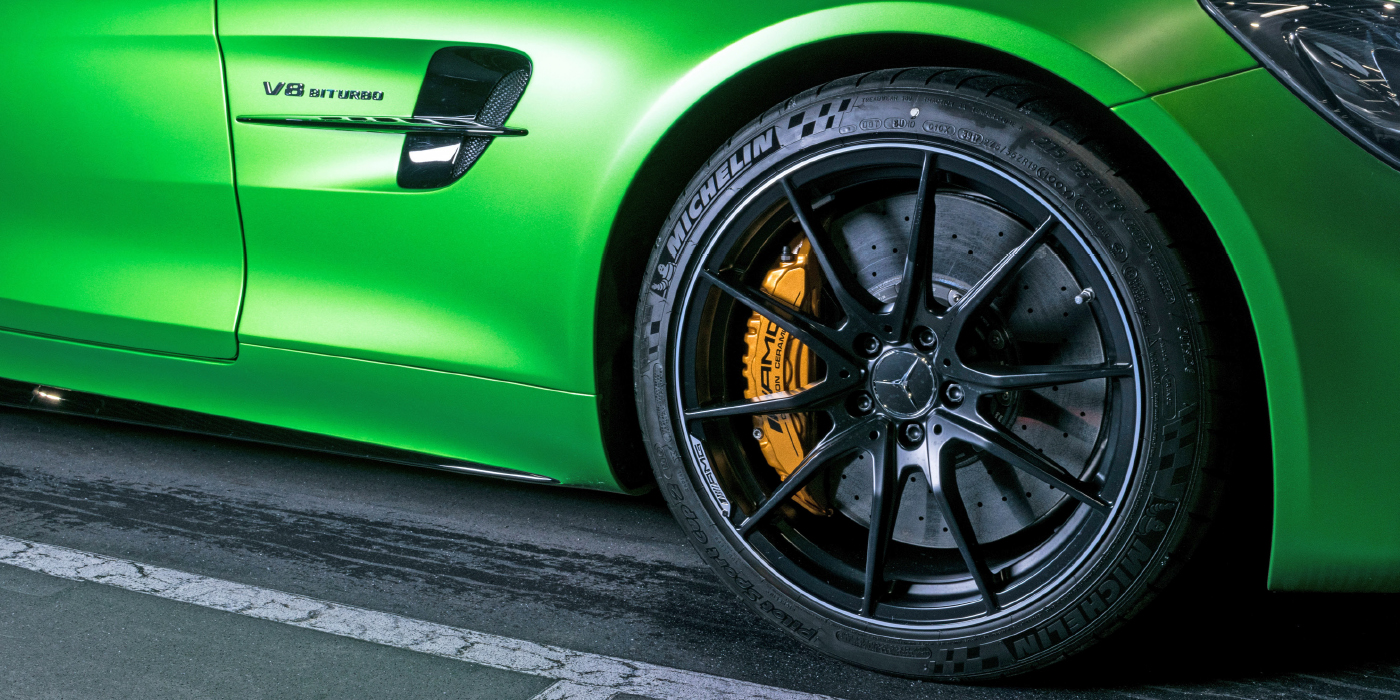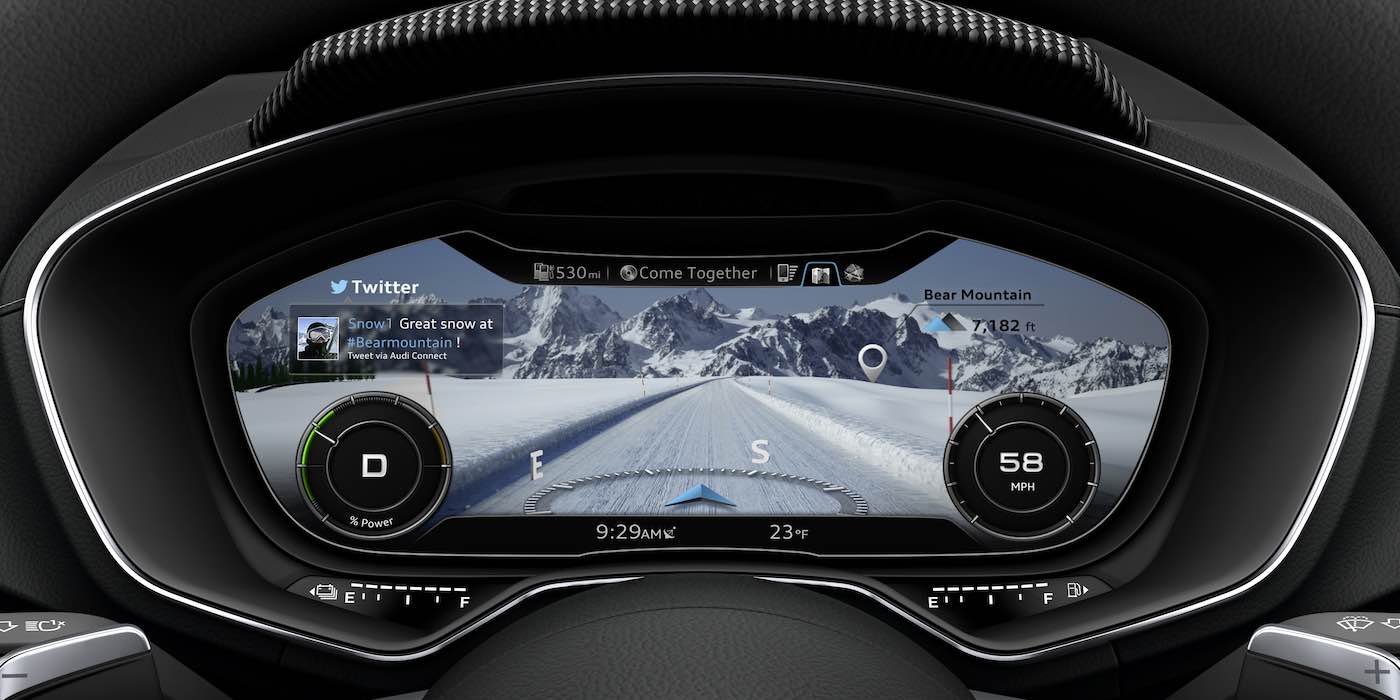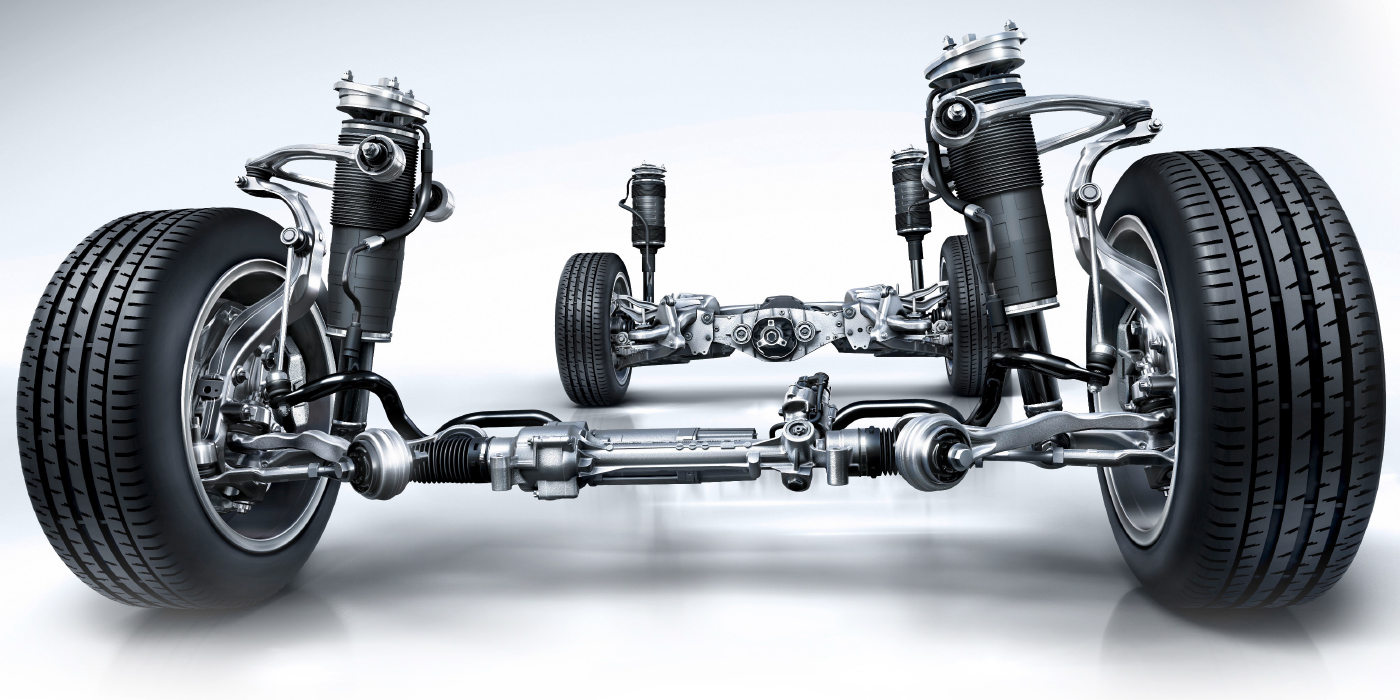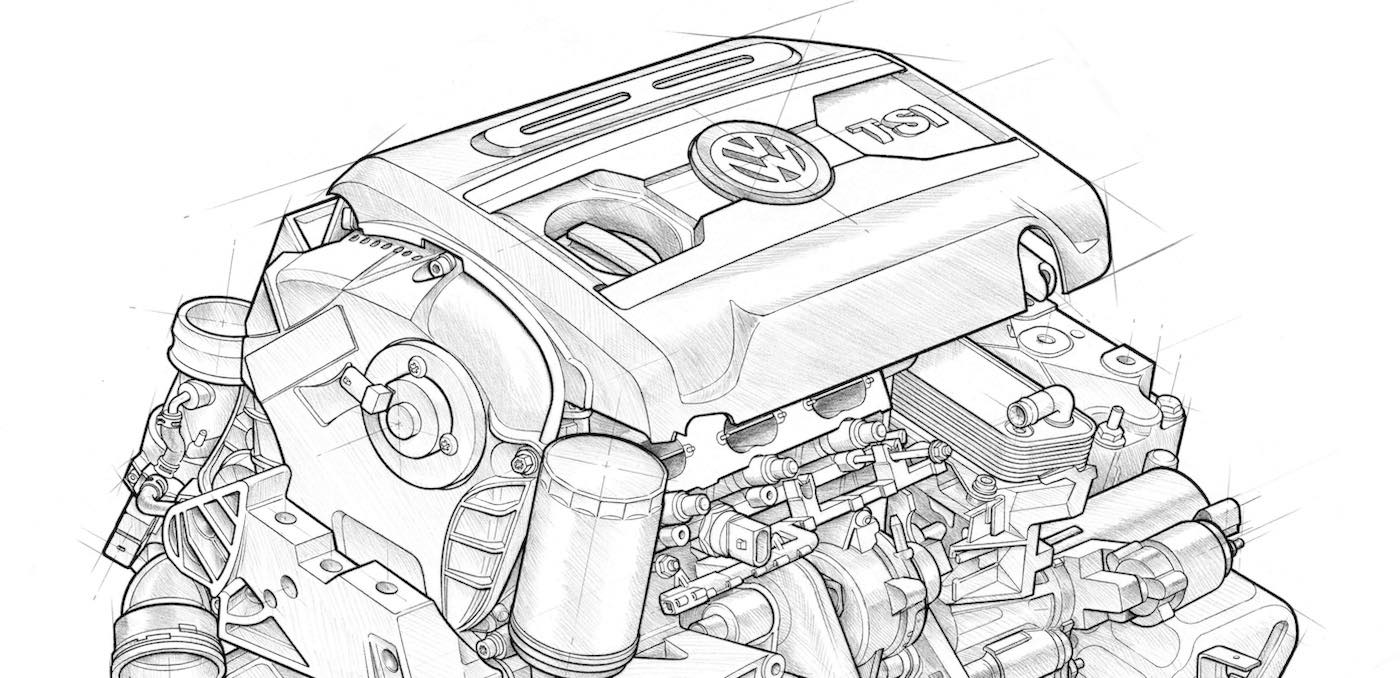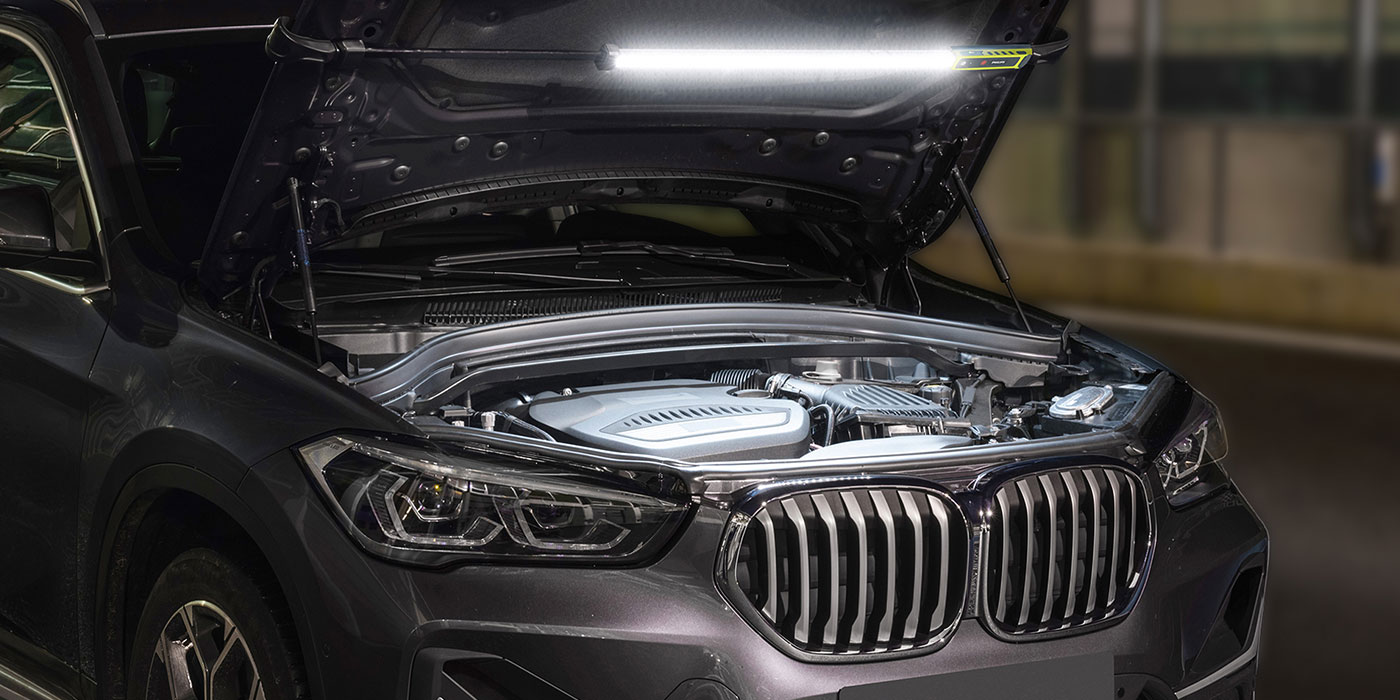Bosch developed and introduced the automotive oxygen sensor in 1976, and as NASCAR makes the switch from carburetion to fuel injection in 2012, Bosch will be its exclusive oxygen sensor supplier. As an exclusive NASCAR Performance partner, Bosch will supply special wide-band oxygen sensors, specific to NASCAR race cars, which will provide essential data to the fuel injection engine management system.
Beginning with the 2012 Daytona 500, all NASCAR Sprint Cup Series race car engines will be fuel injected. An onboard computer will control the fuel injectors, using input from the oxygen sensors in the exhaust to determine the exact fuel provided to the airflow just as it’s entering the cylinder. Several NASCAR teams have been testing fuel injected engines on-track to see how the new systems operate in actual race track conditions.
“We are pleased to partner with Bosch to ensure a seamless transition as we move to fuel-injected engines and outfit each car with two oxygen sensors,” said Robin Pemberton, vice president, NASCAR Competition. “This technology will provide the opportunity for greater fuel efficiency and maximize each race team’s ability to get the most performance from their fuel-injected engines,” he said.
Every NASCAR Sprint Cup Series race car will be equipped with two oxygen sensors in the exhaust system to monitor the level of unburned oxygen in the exhaust, and therefore the engine’s relative “rich” or “lean” operating condition.
“Fuel injection is a logical progression for NASCAR, and Bosch oxygen sensors, with their long history of superior performance under the most severe conditions, are the recognized standard throughout the racing world,” said Wolfgang Hustedt, Bosch Motorsports Manager, North America. “NASCAR race cars go through many different operating conditions at every race, and oxygen sensors are an essential component of the fuel injection system,” he said.
“Oxygen sensors relay vital information on engine performance to the vehicle’s engine management system, which controls the fuel injectors and determines how the vehicle reacts to race conditions,” continued Hustedt. “This change to fuel injection will give NASCAR teams enhanced control over their vehicles’ performance, and the oxygen sensors are vital in maximum but flexible performance at each track,” he said.
Forty years after introducing the electronic fuel injection system, fuel injection pioneer Bosch continually upgrades system technology as it supplies automobile manufacturers, the aftermarket, and the racing community around the world with the most advanced systems available.
Bosch is a proud supporter of the Automotive Aftermarket Suppliers Association’s Know Your Parts education and awareness campaign. This initiative promotes the importance of quality brand name aftermarket parts backed by full service suppliers, and its impact on delivering reliable products to today’s motorists. For more information visit: www.AASAKnowYourParts.org.
In 2011, Bosch is celebrating its 125th anniversary as well as the 150th anniversary of the birth of its founder, Robert Bosch.
For more information, visit www.boschusa.com.
For more information on Bosch Automotive Products, visit www.boschautoparts.com.
For more information on Bosch Diagnostics, visit www.boschdiagnostics.com.
Find Bosch Auto Parts on Facebook, visit www.facebook.com/boschautoparts.
Follow Bosch Auto Parts on Twitter, visit www.twitter.com/BoschAutoParts.
About NASCAR
The National Association for Stock Car Auto Racing, Inc. (NASCAR) is the sanctioning body for one of North America’s premier sports. NASCAR races are broadcast in more than 150 countries and in 20 languages. In the U.S., races are broadcast on FOX, TNT, ABC/ESPN/ESPN2, SPEED and SIRIUS/XM Satellite Radio. NASCAR fans are among the most brand loyal in all of sports, and as a result more Fortune 100 companies participate in NASCAR than any other sport. NASCAR consists of three national series (the NASCAR Sprint Cup Series, NASCAR Nationwide Series, and NASCAR Camping World Truck Series), four regional series, and one local grassroots series, as well as two international series. Also part of NASCAR is Grand-Am Road Racing, known for its competition on road courses with multiple classes of cars. NASCAR sanctions more than 1,200 races at 100 tracks in more than 30 U.S. states, Canada and Mexico. Based in Daytona Beach, Fla., NASCAR has offices in eight cities across North America. For more information and a complete schedule, visit www.nascar.com. Follow NASCAR on www.facebook.com/NASCAR or on Twitter: @NASCAR.

